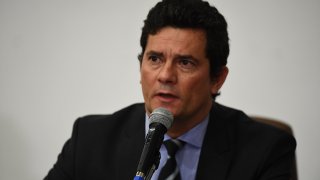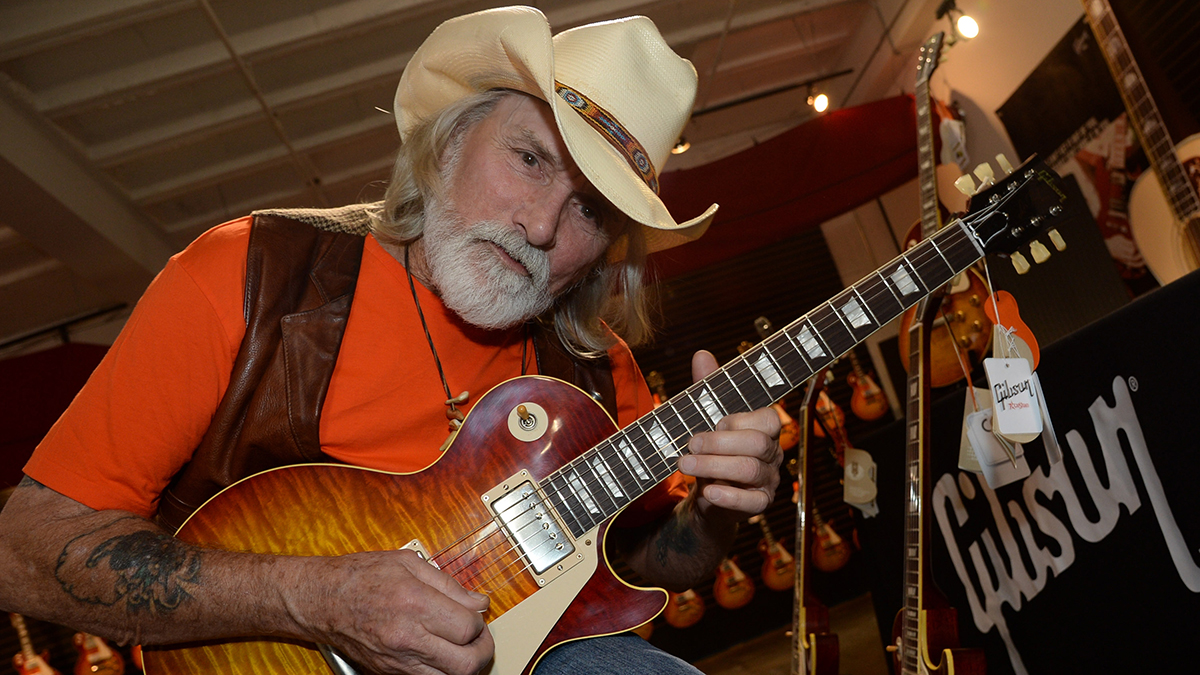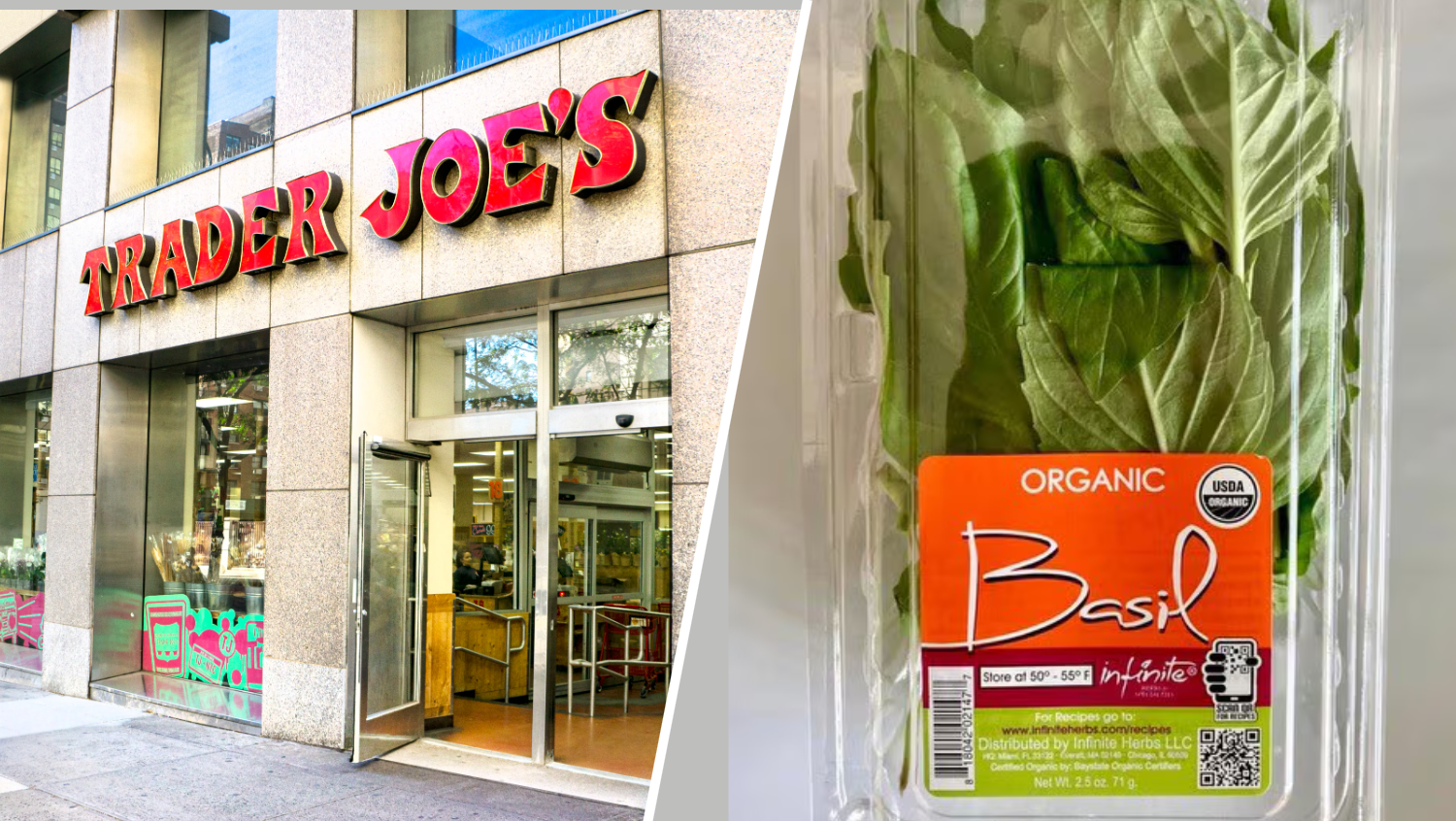
Brazil's Justice Minister Sérgio Moro, who became popular as a crusader against corruption, resigned on Friday, alleging political interference in the federal police force. He made the announcement after President Jair Bolsonaro changed the head of the federal police's chief in the midst of the new coronavirus outbreak.
Federal police general director Mauricio Valeixo worked closely with Moro in the sprawling Car Wash corruption probe until the end of 2018 and followed him when Moro joined Bolsonaro's new administration. The graft investigation ensnared scores of politicians and businessmen throughout Latin America, including former President Luiz Inácio Lula da Silva and the CEO of construction giant Odebrecht, and transformed Moro into a folk hero.
Moro told reporters on that he warned Bolsonaro on Thursday that removing the head of the federal police without cause would amount to political interference. Bolsonaro did so anyway, without consulting Moro, the minister said, adding he took it as evidence he was no longer wanted in the position.
“The general director could have been changed as long as there was a consistent cause. There was not a consistent cause," Moro said. “Political interference that could create inappropriate relationships between the general director or superintendents and the president is something I can't agree with.”
Get Connecticut local news, weather forecasts and entertainment stories to your inbox. Sign up for NBC Connecticut newsletters.
The minister told reporters he made a commitment to stand firm against corruption and organized crime, and had to "protect my biography."
In recent days, Bolsonaro had called for Moro to reopen Brazil’s borders with Paraguay and Uruguay during the pandemic, as the Brazilian leader has repeatedly said he wants economic activity to resume, but the minister did not agree.
Moro, who is hailed by many Brazilians while seen by others as an anti-left zealot, was also key in the process that led to the impeachment of former President Dilma Rousseff in 2016. Several of the Car Wash investigations in the southern city of Curitiba involved politicians linked to that administration. He left the court in Nov. 2018 after Bolsonaro’s invitation to join his administration.
U.S. & World
Bolsonaro, who was elected in large part due to his law-and-order platform, said in November that he wouldn’t have reached the presidency had Moro not “fulfilled his mission” as a judge.
Bolsonaro has bounced from crisis to crisis during his administration, from his attacks on the media to his dismissal of last year’s raging Amazon fires and dust-ups with foreign leaders. More recently, he has drawn outrage with claims that the coronavirus is “a little flu” and by scoffing at international health experts’ recommendation for stay-at-home measures. Last week, Bolsonaro fired his health minister, who had supported such measures that most Brazilian governors adopted.
Throughout it all, Moro’s place in the Cabinet helped secure the administration’s base of support and the appearance of respect for rule of law. Moro cast doubt on that reputation on Friday, saying that the claim by the presidency that Valeixo had tendered his own resignation were untrue.
“The president expressly told me more than once that he wanted someone with whom he has personal contact, someone he could call, get information [on investigations] from, get intelligence reports, whether from a director or a superintendent,” Moro said. “It is really not the federal police's role to provide that information. Investigations have to be preserved.”
The former judge was Bolsonaro’s most widely known and popular minister, with approval ratings considerably higher than the president’s. Moro has often been cited as a contender for higher office, whether as a Supreme Court justice, vice president, or even president. Since he became minister in January 2019, however, he has had difficulties with Bolsonaro and with politicians in Brasilia, the capital.
His anti-crime legislation, which he deemed to be a cornerstone of his work, was largely softened in Congress.
The minister’s standing also suffered after online news outlet The Intercept Brasil started publishing a series of reports based on leaked messages that suggested he had interfered unduly in the prosecution of several Car Wash investigations, including the one into da Silva. He has always denied the content of those conversations are true.



